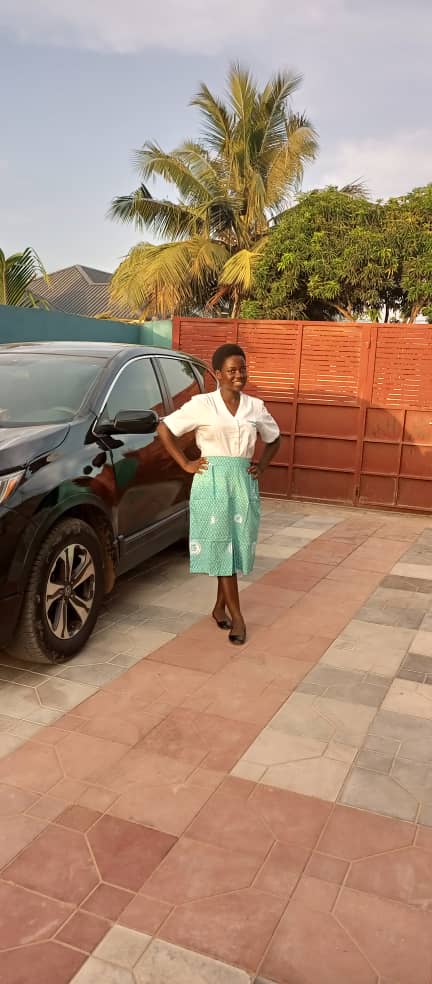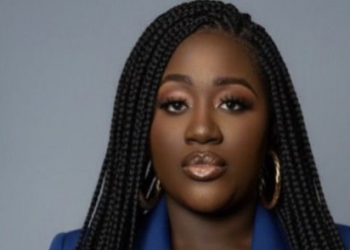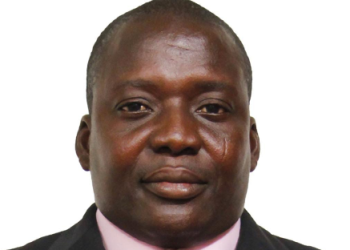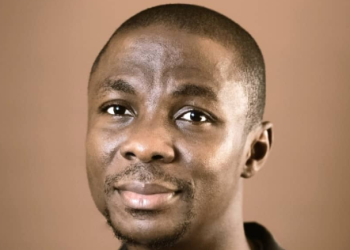Ghana’s SHS hair rules are traumatising girls and lowering their confidence. Explore how strict grooming policies affect self-esteem and why change is overdue.
The happiness of getting a school of choice is short-lived for most girls. Immediately reality of an acceptable hairstyle sets in. Especially if she has longer hair, cutting becomes traumatising. Let’s pause and ask ourselves, why do we have to cut our hair very down?
The African hair is difficult to handle, the excuse of most.
Is it difficult to handle or difficult to implement its care?
Some girls are allowed to keep their hair after submitting a medical report.
How are such girls able to maintain theirs?
Some argue that girls will take undue advantage of hair maintenance to waste a lot of time to the detriment of their studies, the excuses: visiting town unduly in the guise of hair maintenance, some may also compete over who has more hair or the nicest hairdo.
This argument is neither here nor there.
If our reason is that the hair is a distraction to the child, then which kind of generation are we raising as a people!
Why not get the child informed on how the hair shouldn’t be a distraction?
Why run from perceived problems instead of laying down solutions.
Most schools have barbering shops but can’t contain braiding shops, why so?
A graduate now tries to regrow her hair of about 14 years which she lost in 3-4 months, how possible.

Next stop, “human hair” from outside. The weave-on braids, the frontals, the bone straight is just a way of reviving our beauty as the glory of a woman is her hair.
We round back to the corrupted taste for foreign goods from the tip of our hair to nails of our toes
This time we are going not just for the taste, but it’s necessity for self-worth.
Haven’t we punished ourselves enough by repeating the cycle of things that destroyed our originality?
We owe our actions and inactions as a continent to the saying “that’s how the system work” as every generation endures it
Young people from school spend on hair products from hair growth formulae, hair perms to synthetic wigs of which almost all are foreign.
It’s high time we revisited our polices, made meanings, cancelled the ones that are of no relevance and made new ones.
Not all the make-up of a people is easy to handle but this is no excuse to banish them and go in for foreign compromises.
Let’s embrace them and work around it to better ourselves as a people.
I recall having an enviable natural hair, one which got heads turning and people touching and talking.
I imagined myself on magazine covers as the least possibility of where my hair could take me.
At JHS1, my parents begun to school me on SHS.
They spoke to me about taking my hair down, I couldn’t accept it initially.
After much deliberation and counselling, I accepted, as I really longed to be in Yaa Asantewaa Girls.
I opted to cut it way before SHS to get used to it.
I took this decision with a heavy heart and convinced myself I’d get over it soon.
Oh! how wrong I was! I regret the decision till date.

I kept the regrets to myself as I willingly agreed to cut my hair without my parents forcing me in anyway.
Even in my final year at Yaa Asantewaa Girls, I was forced to have a haircut which was close to bald.
Now as a graduate, my hair is so short, I wonder when it will grow back.
I look at my old photos and weep sometimes.
I still feel so bad because with my hair, I would already be in business.
Seeing the recent trending video of the girl and the fact that she is also going to Yaa Asantewaa Girls, all my anxiety resurfaced.
How would a girl who had her hair gone in such a way like to maintain an African natural hair again.
If the schools have managed to fill our heads with all that which is not of us, let’s not rid ourselves of that which is on our head which is of us and remains one of our greatest identity and dignity.
Amasaman-Accra
053505010
SHS graduate
By Hazel Adwoa Asante-Yeboah Amoh (HAAYA)













